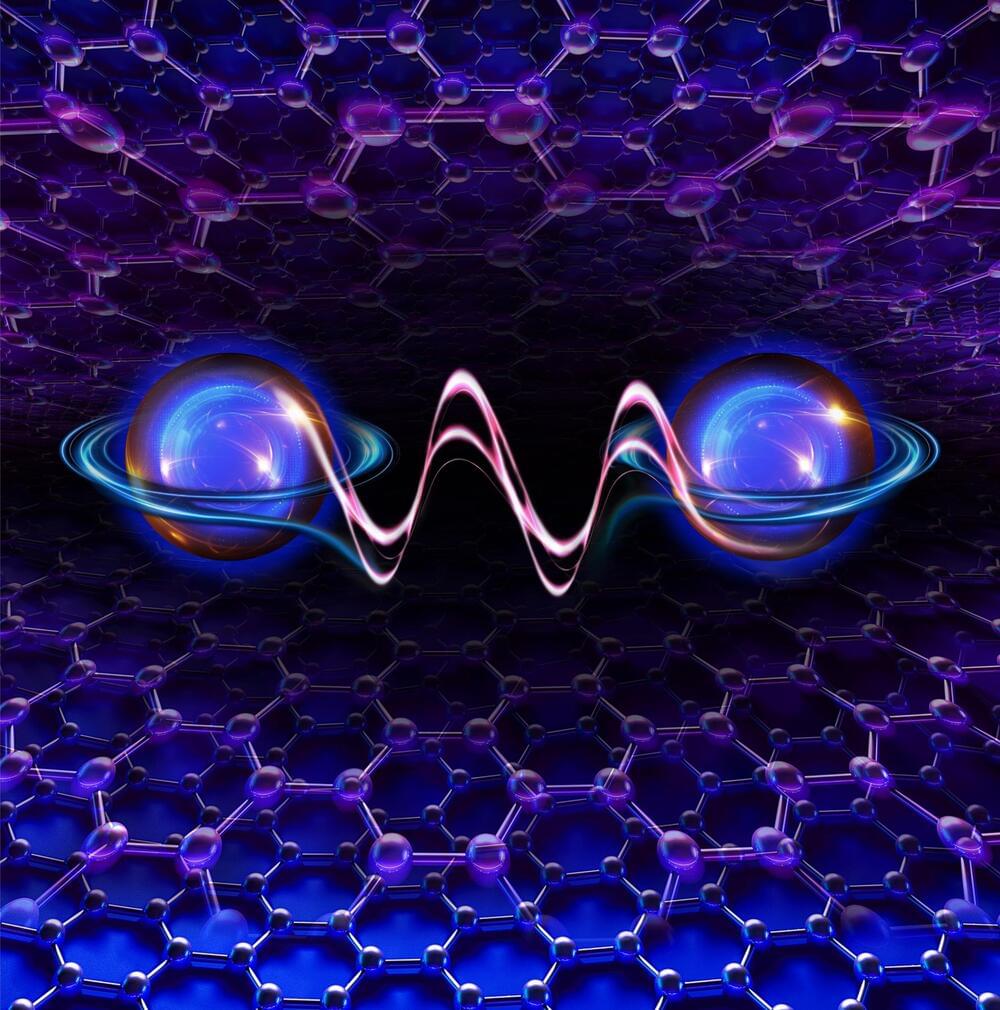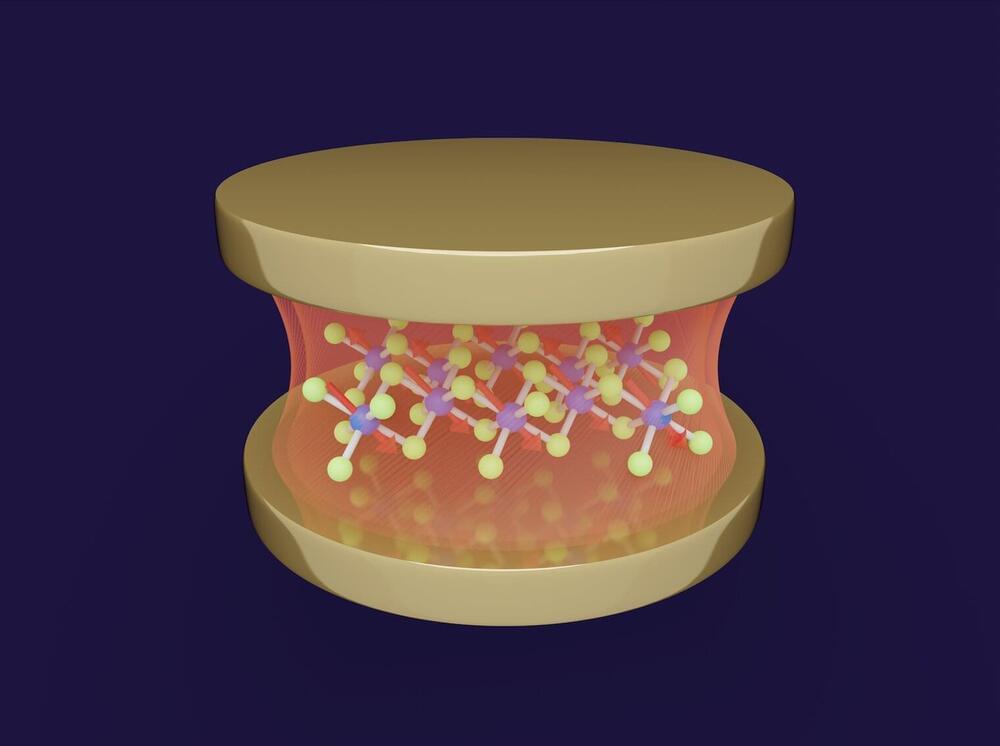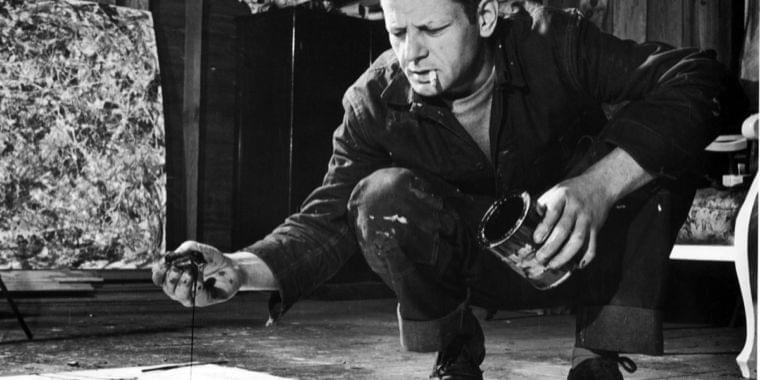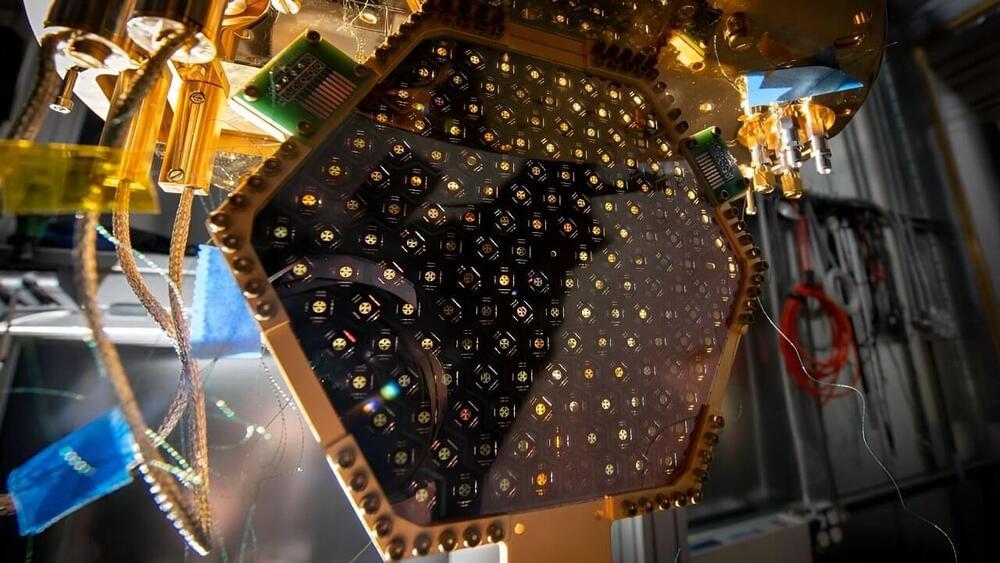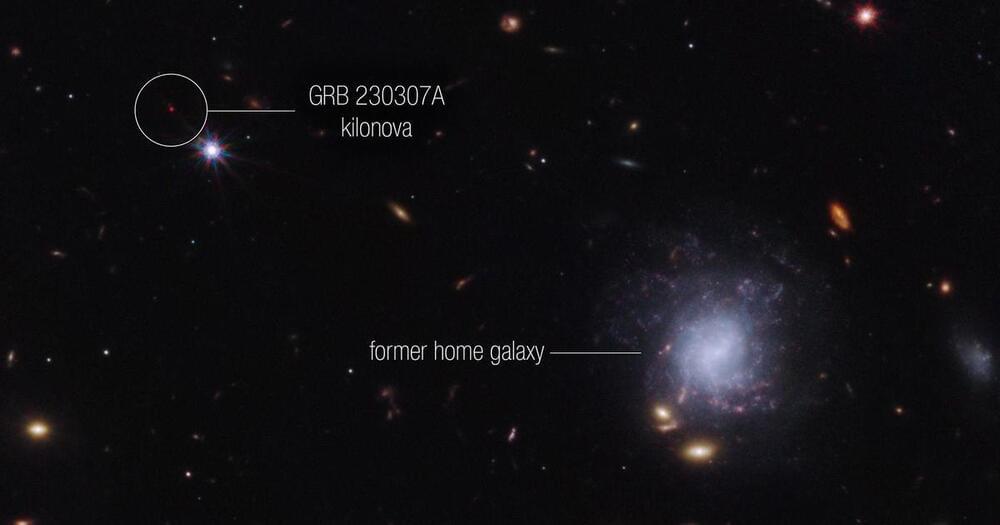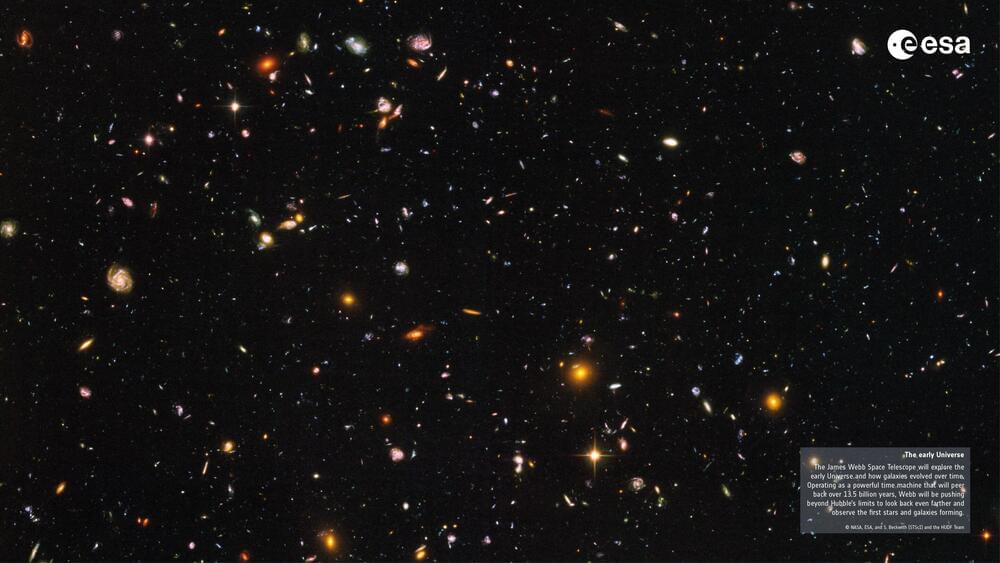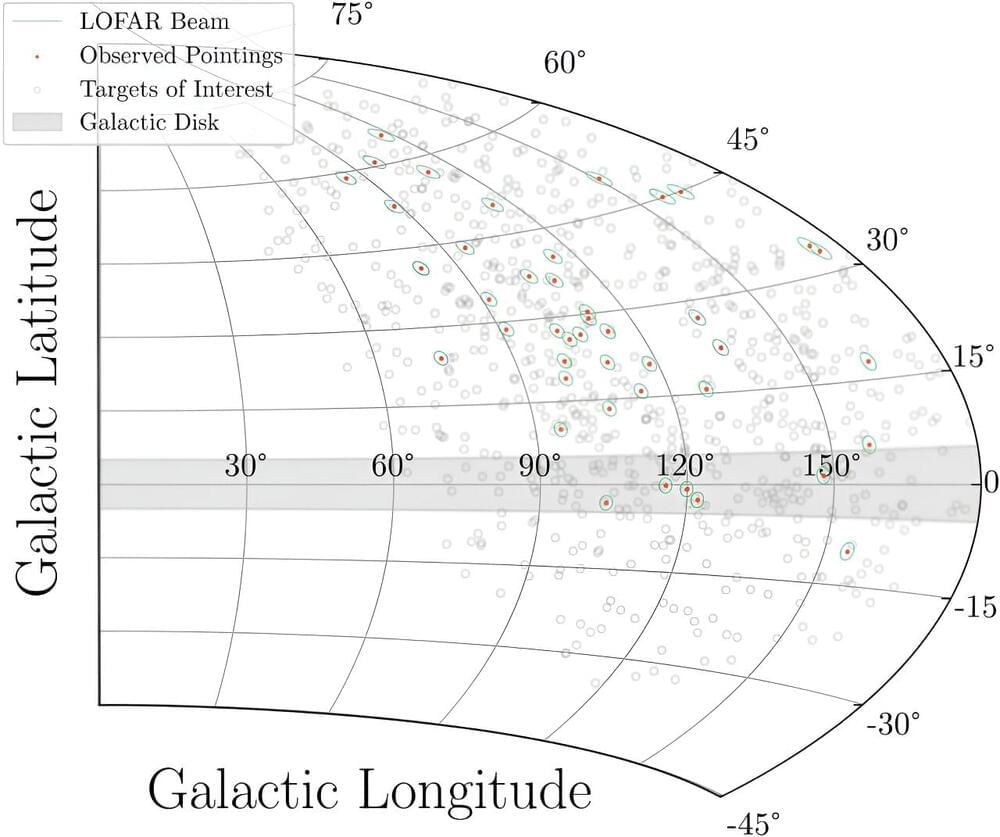MIT physicists and colleagues have metaphorically turned graphite, or pencil lead, into gold by isolating five ultrathin flakes stacked in a specific order. The resulting material can then be tuned to exhibit three important properties never before seen in natural graphite.
“It is kind of like one-stop shopping,” says Long Ju, an assistant professor in the MIT Department of Physics and leader of the work, which is reported in the Nature Nanotechnology. “In this case, we never realized that all of these interesting things are embedded in graphite.”
Further, he says, “It is very rare to find materials that can host this many properties.”
